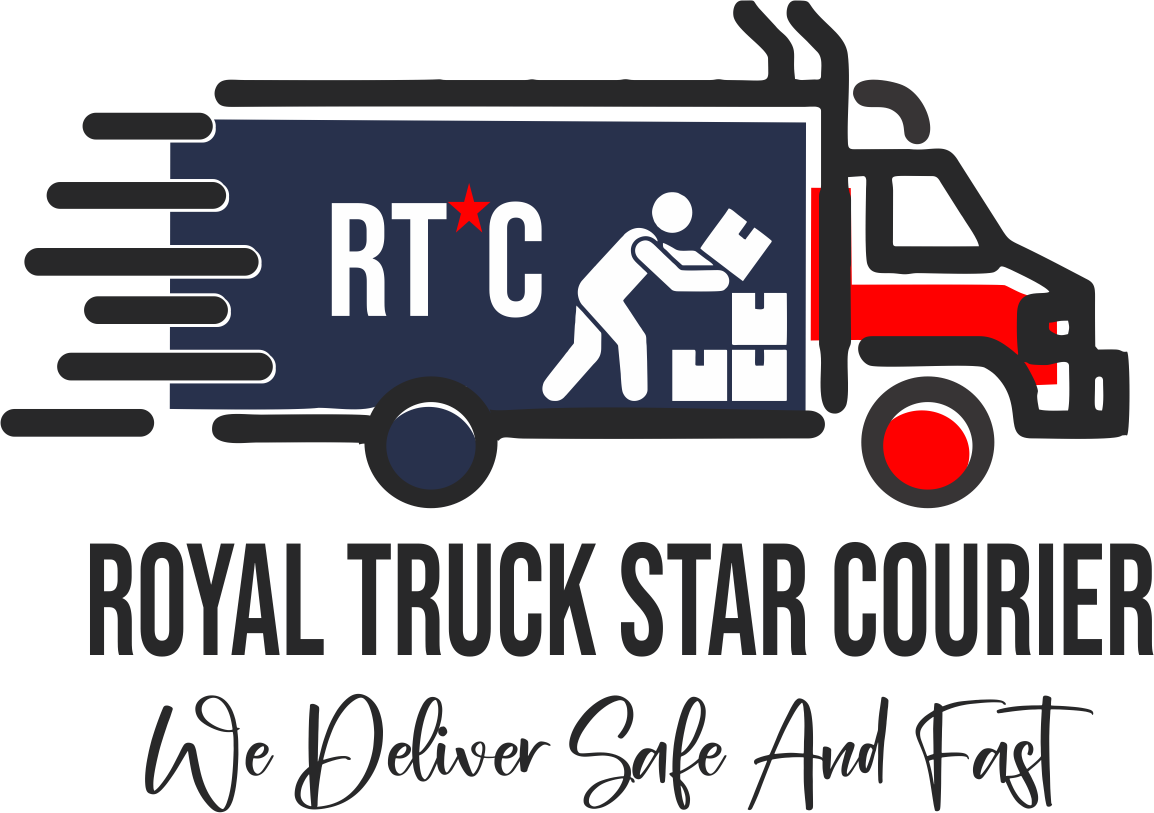Introduction
Scaling an online business from Kenya to international markets is an exciting but complex journey. From customs paperwork at Mombasa port to the last-mile delivery in Kisii, each step matters. Royal Truck Star Courier — Kenya’s leading e-commerce logistics and delivery partner — has helped hundreds of merchants build reliable cross-border operations. This guide breaks down practical, step-by-step actions you can take to set up efficient order fulfillment in Kenya for international e-commerce.
Why fulfillment matters for Kenyan exporters
Strong fulfillment converts browsers into repeat buyers. For Kenyan sellers, advantages of a good fulfillment setup include faster transit times, lower return rates, better customer reviews, and easier expansion into markets like the UK, US, and UAE. Conversely, weak fulfillment leads to delays at customs, lost packages, and unhappy customers.
Step 1: Research markets and compliance
Before shipping overseas, understand demand and regulations in your target market.
- Market fit: Use platform analytics (Jumia Global, Shopify, Amazon) and local market research to identify best-selling SKUs.
- Regulatory checks: Confirm import requirements (commercial invoice, packing list, bill of lading/airway bill). For food, cosmetics, or agriculture, check KEPHIS and destination country rules.
- Taxes and duties: Factor duties, VAT, and any seller taxes in your pricing. Work with customs brokers or a logistics partner to estimate landed costs.
Step 2: Choose a fulfillment model
Decide which model suits your scale and cash flow:
- Self-fulfillment: You store and ship from your premises. Good for very small volumes but can be time-consuming.
- 3PL (third-party fulfillment): Outsource warehousing, picking, packing, and international shipping to a specialist.
- Hybrid model: Maintain local warehousing for fast domestic delivery and use 3PL for international bulk shipments.
Example: A Nairobi apparel brand used a hybrid approach — local inventory for Kenyan customers and scheduled consolidation shipments through Royal Truck Star Courier for international orders — cutting per-unit international shipping costs by 18%.
Step 3: Set up warehousing and inventory systems
Efficient warehousing reduces errors and speeds dispatch.
- Location: Place main hubs near transport arteries — Nairobi for air freight, Mombasa for sea freight, and regional hubs (Kisumu, Eldoret) for West Kenya demand.
- Inventory management: Use a cloud-based WMS or integrate your ERP with a 3PL API. Real-time stock visibility prevents overselling.
- Packing standards: Standardize packaging dimensions and materials for international carriers to avoid surcharges.
Step 4: Integrate shipping and fulfillment technology
Technology is essential for scale. Ensure your sales channels and logistics partners talk to each other.
- API integration: Use Royal Truck Star Courier’s API to sync orders, generate shipping labels, and track parcels in real time.
- Multi-channel sync: Consolidate inventory across Shopify, WooCommerce, and marketplaces to keep stock accurate.
- Automations: Auto-routing rules (cheapest carrier vs fastest), and automated customs document generation reduce manual work and errors.
Step 5: Plan shipping routes and consolidation
Kenya’s geography and port traffic affect transit times.
- Sea vs air: Use sea freight for cost-sensitive bulk shipments (faster to consolidate into bonded warehouses), air for speed and small parcels.
- Consolidation: Group small international orders into weekly shipments to reduce per-unit freight costs.
- Customs clearance: Work with experienced customs brokers and use pre-clearance when possible to avoid delays at Mombasa port.
Step 6: Manage payments, returns and customer experience
International buyers expect easy payments, tracking, and simple returns.
- Payments: Offer major cards and digital wallets. Accepting M-Pesa is valuable for local orders and refunds where relevant.
- Returns policy: Define who covers return shipping and where returns will be processed (local returns hub vs direct to Kenya).
- Customer service: Provide clear tracking links, customs timeline expectations, and multilingual support if needed.
Practical checklist for launching
- Register business and obtain necessary export permits
- Choose fulfilment model and sign an SLA with a 3PL
- Implement WMS and integrate sales channels via API
- Standardize packing templates and label formats
- Arrange customs broker and test one pilot shipment
- Set up customer notifications and returns portal
Real-world case study: Kenyan artisan brand
Example: A Nairobi artisan accessories brand wanted to sell in the UK. They partnered with Royal Truck Star Courier to:
- Store inventory in a Nairobi fulfillment hub for domestic orders and in a bonded consolidation area for monthly sea shipments to the UK.
- Use API sync for orders and automated customs paperwork, reducing processing time from 48 to 8 hours.
- Offer tracked delivery and clear duty estimates at checkout, which increased conversion by 12%.
The result: smoother customs clearance at Mombasa, predictable lead times, and scalable margins.
Local challenges and opportunities
Challenges: inconsistent addressing in rural counties, occasional port congestion in Mombasa, and fragmented returns infrastructure. Opportunities: rapid e-commerce growth, high M-Pesa adoption enabling cashless payments, and expanding regional trade within EAC.
Royal Truck Star Courier helps bridge these gaps with nationwide coverage across all 47 counties, real-time tracking, cash-on-delivery capabilities, and API-powered integration to give Kenyan sellers global reach with local reliability.
Conclusion — Ready to scale?
Setting up international order fulfillment in Kenya takes planning, the right partners, and investment in technology. Follow these steps, pilot one corridor, and iterate. If you want a partner with local expertise, nationwide reach, and API integration to accelerate growth, Royal Truck Star Courier can help you design the right fulfillment flow — from warehousing and consolidation to delivery and returns.
Contact Royal Truck Star Courier today to audit your fulfillment, run a pilot shipment, or integrate our API and start scaling internationally.
